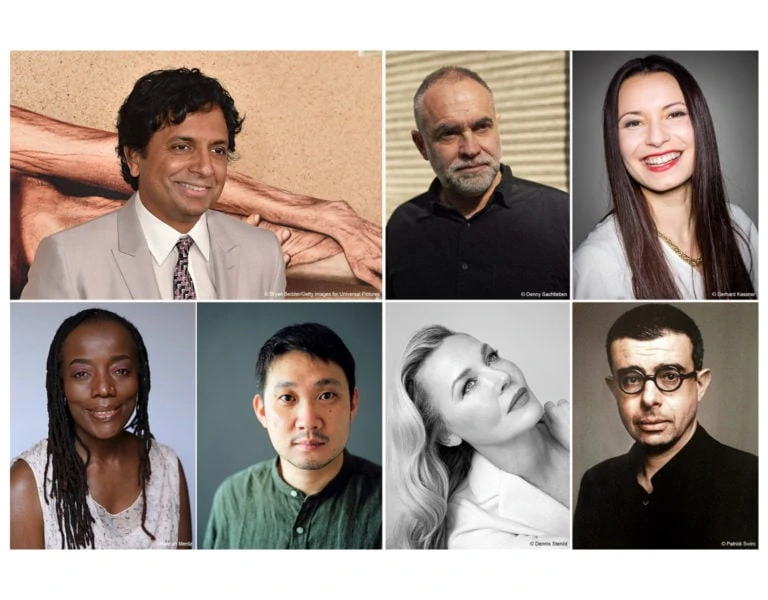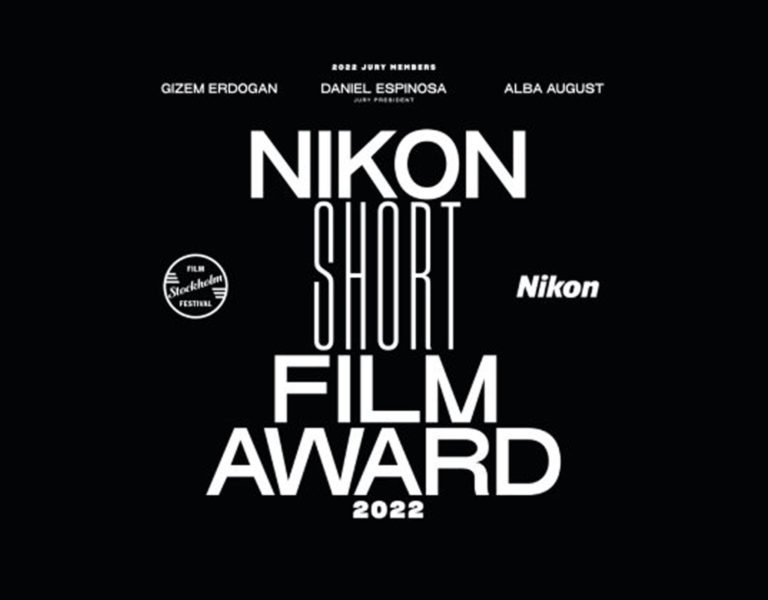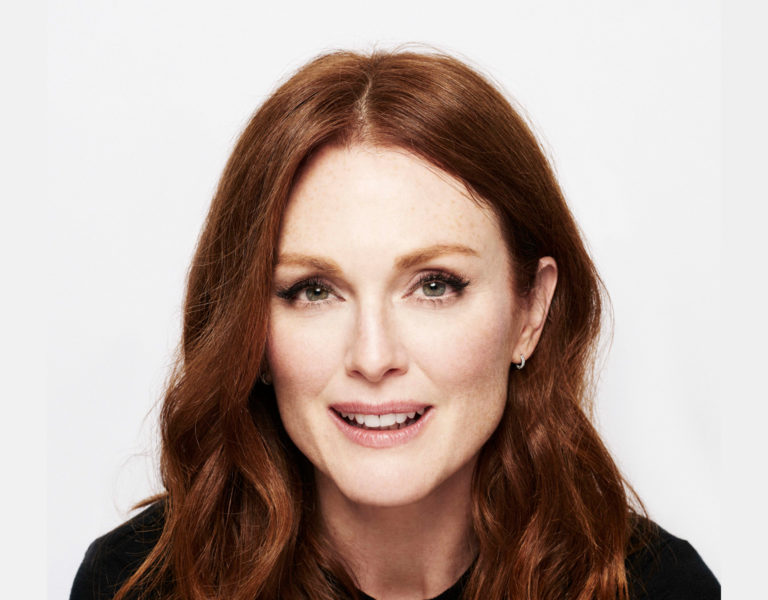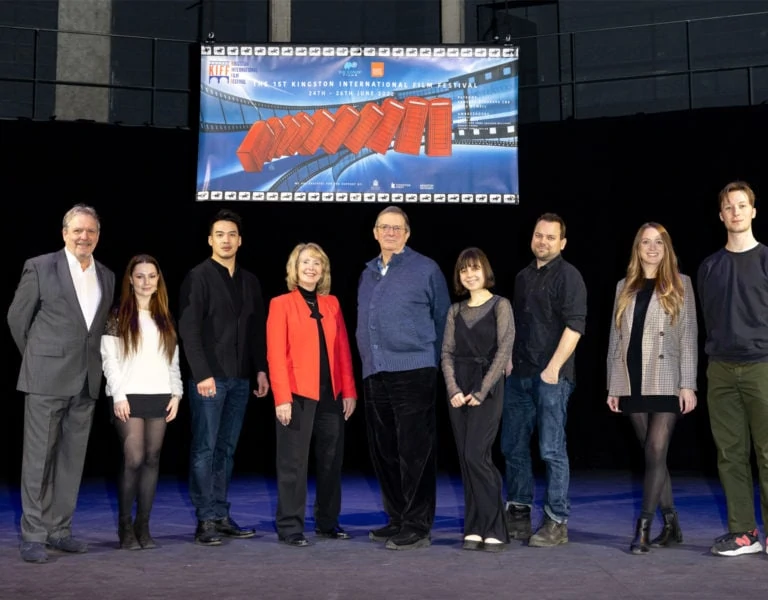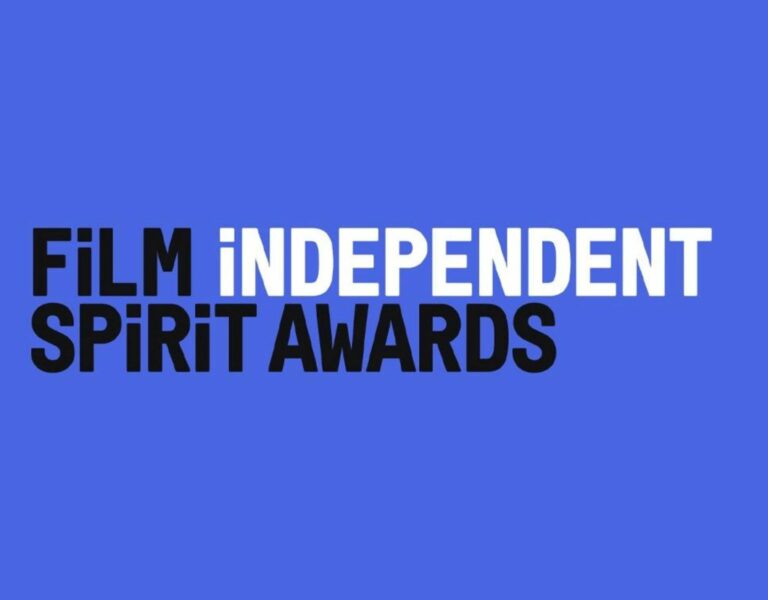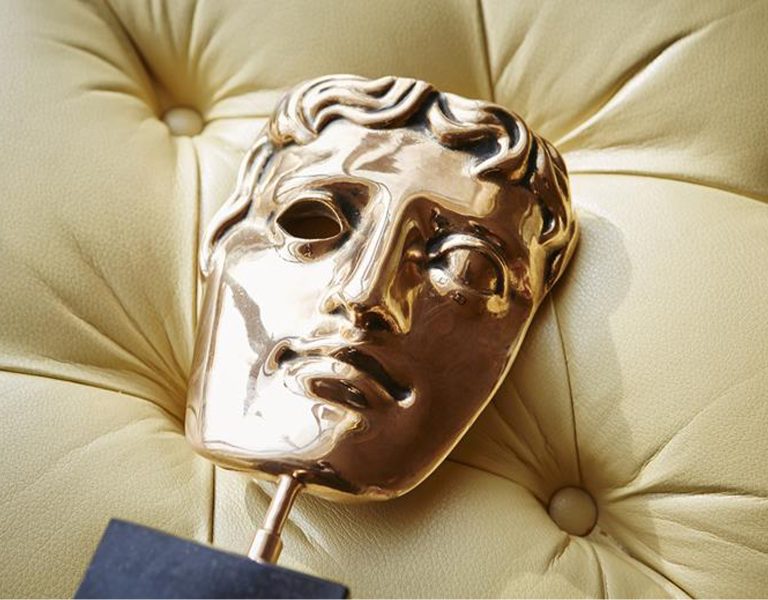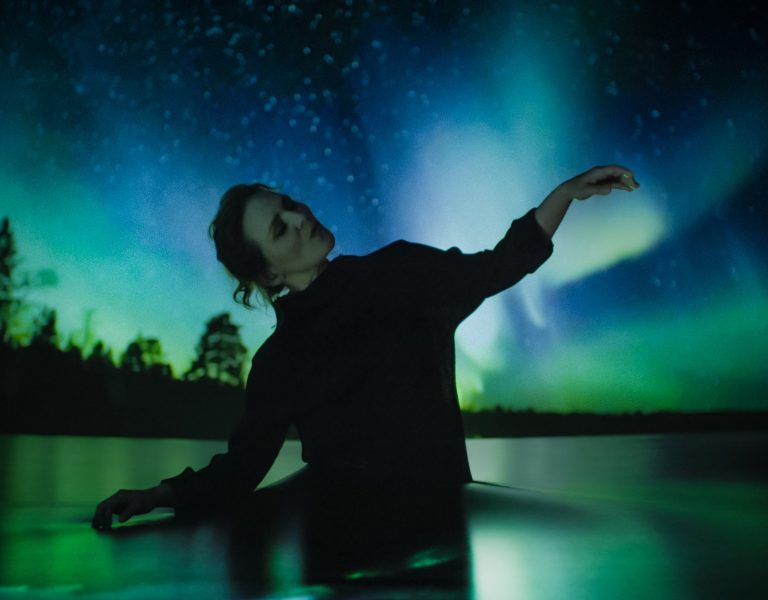
Once again a multitalented International Jury will decide who will take home the Golden and the Silver Bears at the Berlinale 2023.
18 films are competing for the awards in this year’s Competition. The winners will be announced at the Berlinale Palast on February 25.
Actor Kristen Stewart will head the jury. The other members of the jury are actor Golshifteh Farahani (Iran/France), director and writer Valeska Grisebach (Germany), director and screenwriter Radu Jude (Romania), casting director and producer Francine Maisler (USA), director and screenwriter Carla Simón (Spain) and director and producer Johnnie To (Hong Kong, China).
Kristen Stewart (USA)
American actor, screenwriter and director Kristen Stewart is considered one of Hollywood’s major talents. In 1999, at the age of nine, she celebrated her screen debut, just three years later, she starred alongside Jodie Foster in David Fincher’s Panic Room and achieved wider public recognition. Her international breakthrough came with the five-part Twilight saga (2008–2012). In 2010, she attended the Berlinale with Welcome to the Rileys by Jake Scott. For her role in Olivier Assayas’ Clouds of Sils Maria, she won multiple critic awards and became the first American to receive the French film award César. She continued her work with Assayas in 2016 on Personal Shopper and starred in Kelly Reichardt’s Certain Women in the same year. In 2019, she starred in Charlie’s Angels by Elizabeth Banks and delivered a powerful performance in the biopic Seberg by Benedict Andrews. Her portrayal of Princess Diana in Pablo Larraín’s Spencer garnered her nominations for an Academy Award and Critics Choice Award for Best Actress in 2022. She was most recently seen in David Cronenbergs Crimes of the Future which premiered at Cannes in 2022. She has recently completed production on Love Me, opposite Steven Yeun and Love Lies Bleeding by Rose Glass. Kristen Stewart directed two short films, Come Swim (2017) and Crickets (2020), and is currently working on her feature-length directorial debut, the adaptation of the bestseller “The Chronology of Water” by Lidia Yuknavitch.
Golshifteh Farahani (Iran/France)
Born in Iran in 1983, Golshifteh Farahani began her acting career as a teenager. When she was just 16, she won Best Actress at the Fajr International Film Festival for her role in The Pear Tree (1998) by Dariush Mehrjui. Later, she was in Bahman Ghobadi’s Half Moon (2006), and in Iran’s submission for the 2008 Academy Awards, M for Mother (2006). Her first appearance at the Berlinale was in 2009, starring in Asghar Farhadi’s About Elly, which won the Silver Bear for Best Director. Since 2009, the actor and musician has been based in Paris, working primarily in French and English language films. Her filmography includes Ridley Scott’s Body of Lies (2008) and Exodus: Gods and Kings (2014), Chicken with Plums (2011) by Marjane Satrapi, Jim Jarmusch’s Paterson (2016), Arab Blues (2019) by Manele Labidi, and most recently, Arnaud Desplechin’s Brother and Sister (2022). In 2014, she was nominated for a César Award for her role in Atiq Rahimi’s The Patience Stone (2012).
Valeska Grisebach (Germany)
After first studying German and philosophy, Valeska Grisebach began her film studies in Vienna. For her graduation film Be My Star (2001), she not only received the First Steps Award and was nominated for the Grimme Prize, but also won the top prize at the Torino Film Festival as well as the FIPRESCI Prize in Toronto. Already her second feature film Longing was invited to the Competition of the Berlinale in 2006. The film subsequently won prizes at numerous international festivals, including Buenos Aires, Gijón and Warsaw. In 2017, her film Western celebrated its world premiere in the Un Certain Regard section in Cannes. She received the German Film Award in Bronze, the German Film Critics’ Prize as well as prizes in Tromsø, Ludwigshafen, Seville, Mar del Plata and Istanbul, among others. In addition, Grisebach, who also taught at the DFFB (German Film and Television Academy Berlin), has already served as a jury member at festivals such as Locarno and the Cinéfondation in Cannes.
Radu Jude (Romania)
The Bucharest native Radu Jude, born in 1977, was already a popular guest at the Berlinale before receiving the Golden Bear in 2021 for the comedy Bad Luck Banging or Loony Porn. His first fiction film The Happiest Girl in the World celebrated its world premiere in 2009 in Forum, where Everybody in Our Family (2012) and Uppercase Print (2020) also screened, as well as the documentary The Exit of the Trains (2020) – which he co-directed with Adrian Cioflâncă. His first film in Competition, Aferim! (2015) won the Silver Bear for Best Director. One year later, Radu Jude received the Jury Award in Locarno for Scarred Hearts, and in 2018, I Do Not Care If We Go Down in History as Barbarians won the Crystal Globe for Best Film in Karlovy Vary. Most recently, his short film The Potemkinists screened in 2022 at Quinzaine des Réalisateurs in Cannes.
Francine Maisler (USA)
Francine Maisler is one of the film industry’s most recognised and prolific casting directors. Already a ten-time recipient of the Artios Award of the Casting Society of America, Francine Maisler’s other distinctions include an Emmy, a Hollywood Film Award, two Independent Spirit Awards, and two BAFTA nominations. To date, she’s worked with directors such as Alejandro G. Iñárritu, Noah Baumbach, Greta Gerwig, Steve McQueen, Denis Villeneuve, Nora Fingscheidt and Yorgos Lanthimos. Films she has cast have been screened frequently at the Berlinale, including Gus Van Sant’s Milk (2008) and Don’t Worry He Won’t Get Far on Foot (2018), Knight of Cups (2015) by Terrence Malick, Jeff Nichols’ Midnight Special (2016) and Vice (2018) by Adam McKay. Most recently, Francine Maisler worked on the films Dune (2021) by Denis Villeneuve, She Said (2022) by Maria Schrader and Luca Guadagnino’s Bones and All (2022). Her upcoming films include Bong Joon-Ho’s Mickey 17, Denis Villeneuve’s Dune: Part 2 and Joker: Folie à Deux by Todd Phillips.
Carla Simón (Spain)
Filmmaker Carla Simón’s career is closely connected to the Berlinale. In 2017, her autobiographical feature-length film debut Estiu 1993 celebrated its world premiere in the section Generation, and won both the Best First Feature Award as well as the Grand Prix of the Generation Kplus International Jury. The film went on to win three Goyas and over 30 more awards at international festivals. It was also nominated for an European Film Award in the category Best First Feature, and selected as Spain’s submission for the Academy Awards. This past year, the director, who grew up in a Catalan village, won the Berlinale Golden Bear for her second film Alcarràs. In addition, the film was nominated for eleven Goyas and three European Film Awards. Already in 2019, Carla Simón won the Eurimage Co-Production Development Award for the project at the Berlinale Co-Production Market. Her most recent short film Letter to My Mother for my Son screened at the 2022 Venice Film Festival.
Johnnie To (Hong Kong, China)
The multi-award-winning director and producer Johnnie To began his career in television in Hong Kong before his breakthrough as a cinema director in the late 1980s with All About Ah-Long (1989), among others. To’s cross-genre oeuvre as a director includes over 50 films. From the 1980s to the 2000s, he gave the crime film genre a new form that still serves as a reference point for the younger generation of Asian filmmakers today. In 1996, he founded the production company Milkyway, for which he first directed the film A Hero Never Dies in 1998. With Election (2005) and Vengeance (2009) he took part in the Cannes Competition, and in 2008 he competed for the Golden Bear at the Berlinale with Sparrow, where his films were also frequently presented in Forum. To has also been a repeated guest in Venice or Toronto with e.g. Exiled (2006), Life Without Principle (2011) and Office (2015). Most recently, he produced Soi Cheang’s Ming On (Mad Fate), which will be shown in this year’s Berlinale Special.
